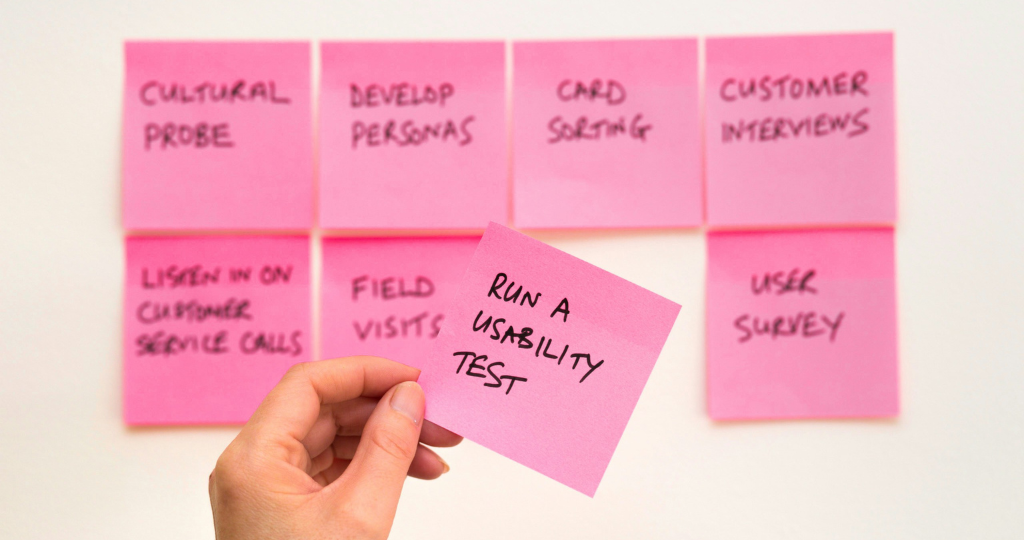Creating a Minimum Viable Product (MVP) can feel daunting, right? But what if we told you that using clone apps could simplify the process? Clone apps let you tap into successful ideas while customizing them to fit your unique vision. In this blog, we'll provide you with all you need to know about clone app development, explore how these replicas not only accelerate development but also help mitigate risks and align with user expectations. Whether you're a startup looking to make waves or an established business seeking innovation, understanding the role of clone apps in MVP development might just be your secret weapon.
Key Takeaways
Clone apps speed up the MVP development process, allowing for quicker market entry.
Using proven frameworks minimizes risks associated with launching new app ideas.
Clone apps provide valuable insights into user expectations and preferences, guiding feature selection.
Clone apps allow for unique enhancements, helping your product stand out in the market.
What are Clone Apps?
Clone apps are essentially replicas of existing successful applications. They replicate core functionalities, user interfaces, and features of popular apps but can be tailored to meet specific market needs or introduce unique elements. For instance, a clone of a well-known ride-hailing app may include features like user profiles, real-time tracking, and payment systems, but it could also incorporate local nuances or additional functionalities to enhance user experience.
Types of Clone Apps
- Exact Clones: These apps closely mirror the original application, retaining most features and design elements. They are often used to launch a similar service in a different geographical location or market segment.
- Custom Clones: These apps take inspiration from existing applications but modify and enhance certain features to offer something new or different. Custom clones allow developers to innovate while minimizing risks associated with entirely new concepts.
- Hybrid Clones: These combine elements from multiple apps, blending features from various successful models to create a unique offering. This approach can lead to innovative solutions that appeal to a broader audience.
The Importance of MVP Development
Before seeing how clone apps fit into the MVP framework, it’s essential to understand the purpose of an MVP. The reason why MVPs are essential for mobile app development lies in their ability to provide valuable feedback and insights, reducing the risk of failure and increasing the chances of success. The primary goals of an MVP include:
Validating Ideas: MVPs are all about testing your ideas with real users. By launching a simplified version of your product, you can gather feedback and see what works. This crucial step helps you avoid costly mistakes and ensures you’re on the right track before fully committing to development.
Cost Efficiency: Developing an entire app can be pricey, especially for startups. MVPs help you focus on core features, allowing you to save time and money during the initial stages. This streamlined approach enables you to allocate resources more effectively, giving you the best chance at success without breaking the bank.
Attracting Investors: A well-crafted MVP showcases your business idea's viability. It serves as a tangible representation of your vision, making it easier to attract investors and partnerships. By demonstrating that you have a marketable product, you increase your chances of securing funding and support for future growth.
Gathering User Insights: Launching an MVP lets you tap into real user experiences and preferences. The feedback you receive is invaluable for refining your product. By listening to your users, you can identify pain points and opportunities for improvement, ultimately leading to a better final product that truly meets market needs.
How Clone Apps Support MVP Development?
Accelerated Development Timeline: One of the most significant advantages of using clone apps in MVP development is the speed at which they can be created. By leveraging existing frameworks and structures, developers can significantly reduce the time spent on initial development. Instead of starting from scratch, teams can focus on customizing the clone to fit their vision, allowing for a faster go-to-market strategy.
Risk Mitigation: Investing in a new app idea always carries inherent risks. Clone apps help mitigate this risk by providing a proven framework that has already demonstrated success. By using a clone app, developers can identify potential pitfalls early in the process, reducing the chances of investing in a concept that may not resonate with users.
Insight into User Expectations: By analyzing popular apps in the market, developers can gain insights into user expectations and preferences. Clone apps provide a roadmap for understanding what features and functionalities users expect, enabling businesses to tailor their MVPs accordingly. This user-centric approach increases the likelihood of creating a product that meets market demands.
Cost-Effectiveness: Developing a brand-new application can be a costly endeavor, especially for startups with limited budgets. Clone apps offer a more cost-effective solution, allowing companies to launch their MVPs with minimal investment. By focusing on essential features rather than extensive development, businesses can allocate resources more efficiently.
Opportunity for Innovation: While clone apps replicate existing applications, they also provide a platform for innovation. Developers can introduce unique features or improve upon existing functionalities, differentiating their product in a crowded market. This balance between imitation and innovation can lead to a product that stands out while still meeting user needs.
Easier User Acquisition: Launching an app that closely resembles a well-known and loved product can make user acquisition easier. Potential users may already be familiar with the core functionalities, leading to quicker adoption rates. If the MVP meets or exceeds expectations, it can lead to organic growth through word-of-mouth and positive reviews.
Best Practices for Using Clone Apps for MVP Development
While clone apps offer numerous advantages, it’s essential to approach this strategy thoughtfully. Here are some best practices for utilizing clone apps effectively in MVP development:
1. Do Your Research
Before selecting a clone app, thoroughly research the original application. Understand its strengths, weaknesses, and the market it serves.
2. Focus on User Needs
Customization is key. When developing a clone app, prioritize user needs and preferences. Conduct surveys, focus groups, or user testing to ensure your MVP addresses specific pain points and enhances user experience.
3. Iterate Based on Feedback
Once your MVP is live, gather user feedback diligently. Use this feedback to make iterative improvements, enhancing the app based on real user experiences. This agile approach ensures the product remains relevant and user-friendly.
4. Maintain Ethical Standards
While clone apps can be a valuable tool, it’s good to maintain ethical standards. Ensure that your app does not infringe on intellectual property rights and avoid outright copying. Focus on creating a unique value proposition that differentiates your product from the original.
5. Plan for Scalability
Even though you’re starting with an MVP, consider future growth. Choose technologies and frameworks that allow for scalability, ensuring your app can evolve as user needs and market demands change.
Conclusion
Clone apps serve as a powerful ally in the MVP development process, offering a strategic approach to launching new products with reduced risk and accelerated timelines. By leveraging proven frameworks, businesses can create viable MVPs that resonate with users while minimizing costs and development time. However, it’s essential to approach clone app development with a clear strategy, focusing on user needs and maintaining ethical standards. Understanding how to develop a clone app is important to see in this context, as it involves replicating the core functionalities of a successful app while adding unique features to differentiate your product. In an industry where innovation and adaptability are paramount, clone apps can provide a stepping stone for entrepreneurs and developers to bring their ideas to life.
Way2Smile Solutions is a leading mobile app development company based in Dubai, offering clone app development solutions. Our mobile app development expertise allows businesses to use the power of proven concepts while customizing them to provide your clone app with all the essential features. With a focus on innovation and user experience, we help startups and established enterprises alike transform their ideas into successful products, ensuring a smooth journey from concept to launch.







